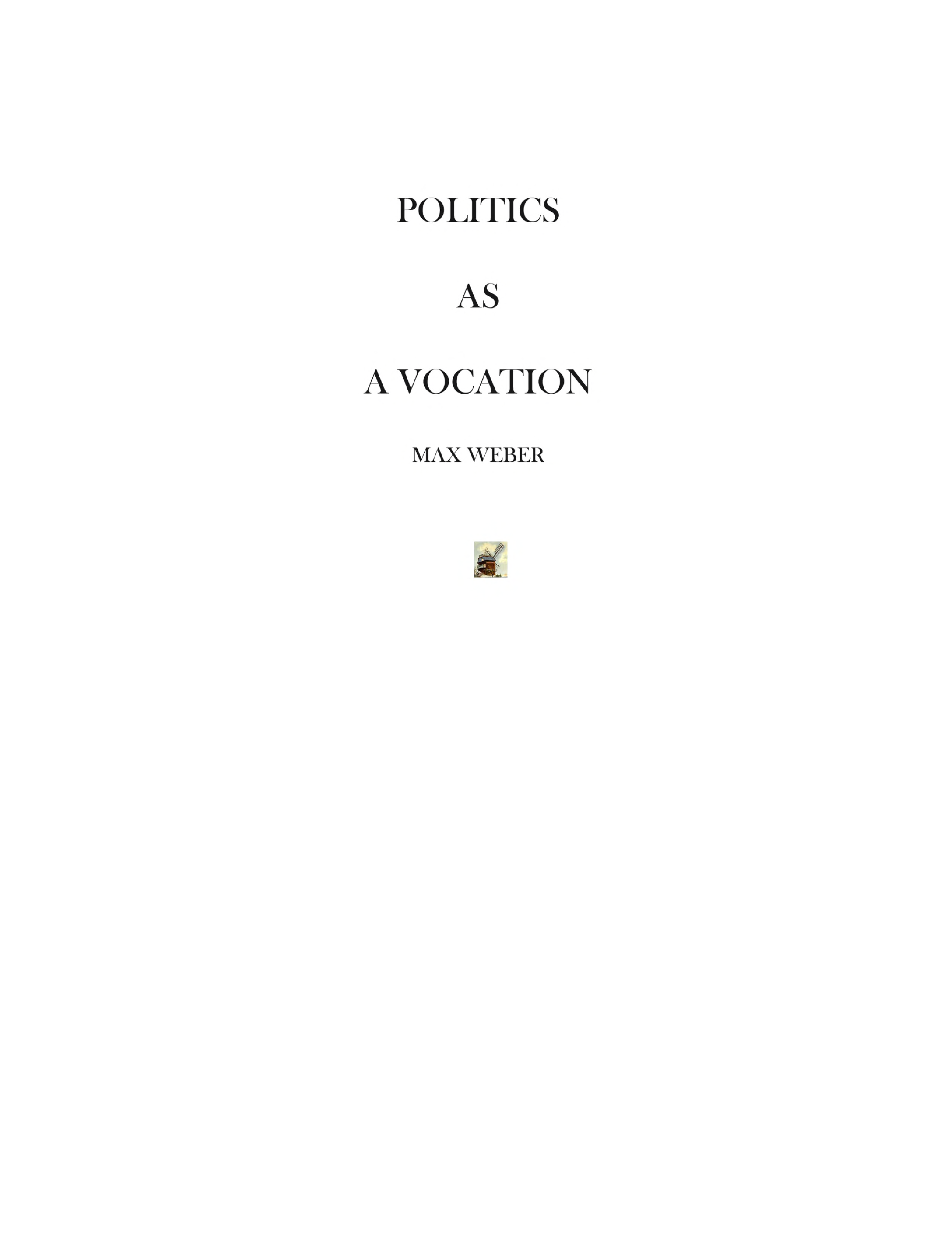Radkau - Max Weber la pasión del pensamiento
Here you can read online Radkau - Max Weber la pasión del pensamiento full text of the book (entire story) in english for free. Download pdf and epub, get meaning, cover and reviews about this ebook. publisher: Wiley, genre: Non-fiction. Description of the work, (preface) as well as reviews are available. Best literature library LitArk.com created for fans of good reading and offers a wide selection of genres:
Romance novel
Science fiction
Adventure
Detective
Science
History
Home and family
Prose
Art
Politics
Computer
Non-fiction
Religion
Business
Children
Humor
Choose a favorite category and find really read worthwhile books. Enjoy immersion in the world of imagination, feel the emotions of the characters or learn something new for yourself, make an fascinating discovery.

- Book:Max Weber la pasión del pensamiento
- Author:
- Publisher:Wiley
- Genre:
- Rating:3 / 5
- Favourites:Add to favourites
- Your mark:
- 60
- 1
- 2
- 3
- 4
- 5
Max Weber la pasión del pensamiento: summary, description and annotation
We offer to read an annotation, description, summary or preface (depends on what the author of the book "Max Weber la pasión del pensamiento" wrote himself). If you haven't found the necessary information about the book — write in the comments, we will try to find it.
Radkau: author's other books
Who wrote Max Weber la pasión del pensamiento? Find out the surname, the name of the author of the book and a list of all author's works by series.
Max Weber la pasión del pensamiento — read online for free the complete book (whole text) full work
Below is the text of the book, divided by pages. System saving the place of the last page read, allows you to conveniently read the book "Max Weber la pasión del pensamiento" online for free, without having to search again every time where you left off. Put a bookmark, and you can go to the page where you finished reading at any time.
Font size:
Interval:
Bookmark:
65 Bridge Street
Cambridge CB2 1UR, UK
350 Main Street
Malden, MA 02148, USA
The publishers would like to acknowledge permission to reproduce the following copyright material:
Page 15, 73, 202, 273 and 331, BPK; 21, 26, 32, 44, 50, 54, 200, 214, 453, 485, 501, 521, 546, Haus der Geschichte Baden-Wurttemberg, Sammlung Leif Geiges; 121, Staatliche Graphische Sammlung, Munchen; 236, Russian Academy of Science, Moscow; 289, Eva Kretzschmar/Private Collection; 304, Professor Karen Hagemann/Private Collection; 361, Tilman Evers/Private Collection; 374, Georg Lukcs Archives/Edith Hajs; 484, Dr Ernst Ludwig Heuss; 552, Professor Guenther Roth/Private Collection; 554, Marion Herzo-Hoinkis.
A first suspicion that there was a tale to be told about Max Weber came to me, not untypically for my generation, from the United States forty years ago. At the time I was working on my dissertation concerning the post-1933 German emigration to the USA, and I became friendly with one member of this group, the historian George W. F. Hallgarten, who finally ended up in Washington. We subsequently wrote a book together, Deutsche Industrie und Politik, in which several passages had to be blacked out under pressure from the Deutsche Bank: this made us comrades-in-arms (for Weber, the strongest bond after an erotic relationship), despite our 42-year age difference. As a student, in the summer of 1920, Hallgarten had attended Webers final lecture and wept at the news of his death, and for the rest of his life he felt under his spell. Shortly before his own death (1975) he was even planning to write a book on Max Webers Sociology a Tool in the Hands of the Historian. Nor was he alone in being so enchanted by the great enchanter: a cult of Saint Max was actually typical among German emigrs; Franz L. Neumann once famously said, It is here, in the United States, that Max Weber really came to life. I later also came in contact with Karl August Wittfogel formerly, in his communist period, an opponent of Webers who tried in his way to complete Webers fragments on the natural basis of society. I feel myself to be his successor in this respect.
Through Hallgarten I developed a kind of psycho-physical contact with Weber. But again and again the cult associated with the myth of Heidelberg aroused feelings of aversion in me. For a long time I had a sense that Werner Sombart and Georg Simmel both on familiar terms with Weber, though later in his shadow offered greater inspiration, or at least greater challenges. Thus, in the 1980s I attacked Sombarts thesis that a shortage of wood had threatened capitalism with collapse in the eighteenth century, and I thereby triggered endless controversy among historians of the forest. From Simmels essay The Metropolis and Mental Life (1903) I drew important stimuli for my history of Nervositt in Germany.
Unexpectedly, this very subject opened me up to the correspondence of Max and Marianne Weber, a real treasure trove for the semantics of the nerves at the turn of the twentieth century. The decoding of old reports on neurasthenic patients also proved valuable training for my Weber researches; you dont get far with hard-to-read handwriting unless you have a certain kind of sporting ambition. Forty years ago I read with pleasure the collective volume The Historian as Detective, edited by Robert W. Winks. And the young Talcott Parsons read Webers The Protestant Ethic as if it were a detective story. Similarly, a biographer of Weber needs a detectives instinct for clues. There is an ocean of literature about Max Weber, but it should not be thought that all the facts about him have long been clear and that only a theory is required to distil them. In my study of the sources, I would have one amazing experience after another.
With hindsight I can see how Weber had already been long at work in my unconscious. In his footsteps I devoted myself for a time to the history of Pietism, and again to the history of music, but in each case I eventually got stuck. When I tried to prove, through a comparison with Asian civilizations, that Europes centuries-long complaint about wood shortages had paradoxically reflected its relative abundance of forest, I followed Webers strategy of a vast circling movement in the East to gain victory for the thesis (in his case, the historical function of Protestantism as a catalyst for capitalism). And after I had finished my biography of Weber, when I was preparing my world history of the environment for an American translation (Nature and Power, New York, 2008), it dawned on me that I had unconsciously taken Webers Economy and Society as my model. Much as Weber there went into the social history of original types of socialization, so did I set out the environmental history of original symbioses between man and nature. In the end my new study of Weber became a way into my own subconscious. Indeed, why not? The point of working on Weber is ultimately to work with Weber and thereby to develop ones own intellectual resources.
I received quite a boost from Lawrence A. Scaffs book about Weber, Fleeing the Iron Cage, which I took with me on a three-week cycling tour. In particular there was the sentence: What is needed, above all, is to encounter Weber once again from the beginning and with a sense of judgment alert to the potentials of what he actually wrote and said. Yes, that was precisely what I wanted to do. Fortune then came to my aid when a chain of coincidences gave me access to correspondence of Max and Marianne Weber which had previously been hidden from the public eye, and in which a new Weber began to emerge. Weber first became famous through
Font size:
Interval:
Bookmark:
Similar books «Max Weber la pasión del pensamiento»
Look at similar books to Max Weber la pasión del pensamiento. We have selected literature similar in name and meaning in the hope of providing readers with more options to find new, interesting, not yet read works.
Discussion, reviews of the book Max Weber la pasión del pensamiento and just readers' own opinions. Leave your comments, write what you think about the work, its meaning or the main characters. Specify what exactly you liked and what you didn't like, and why you think so.











